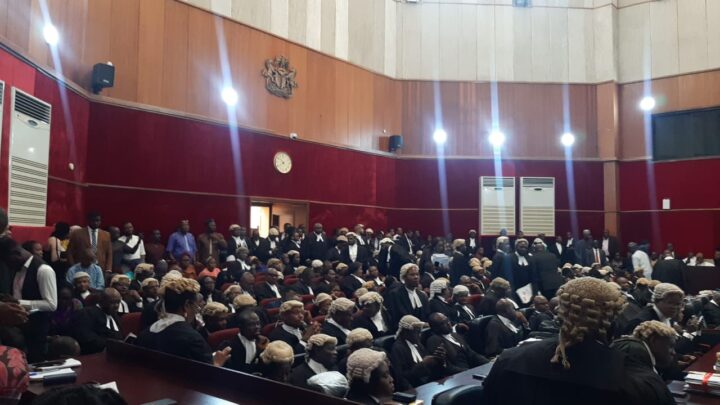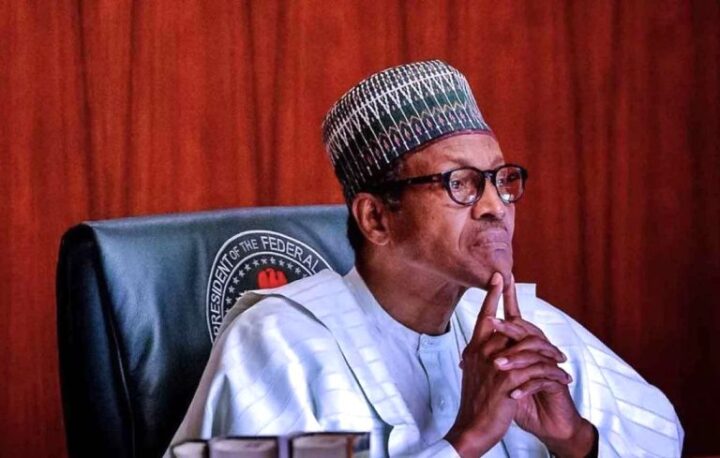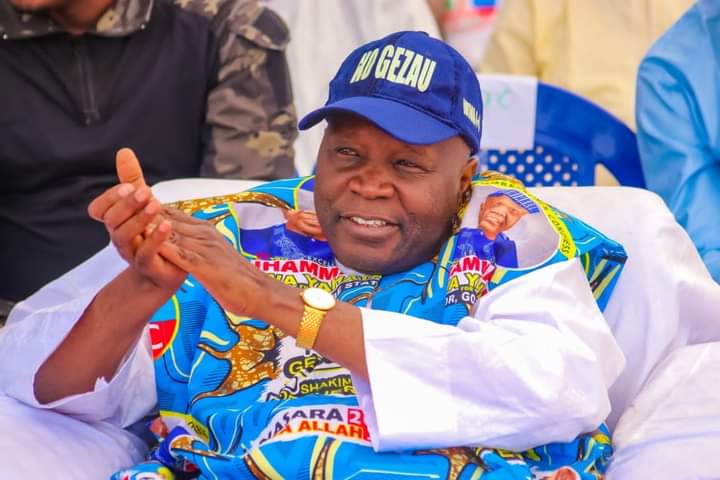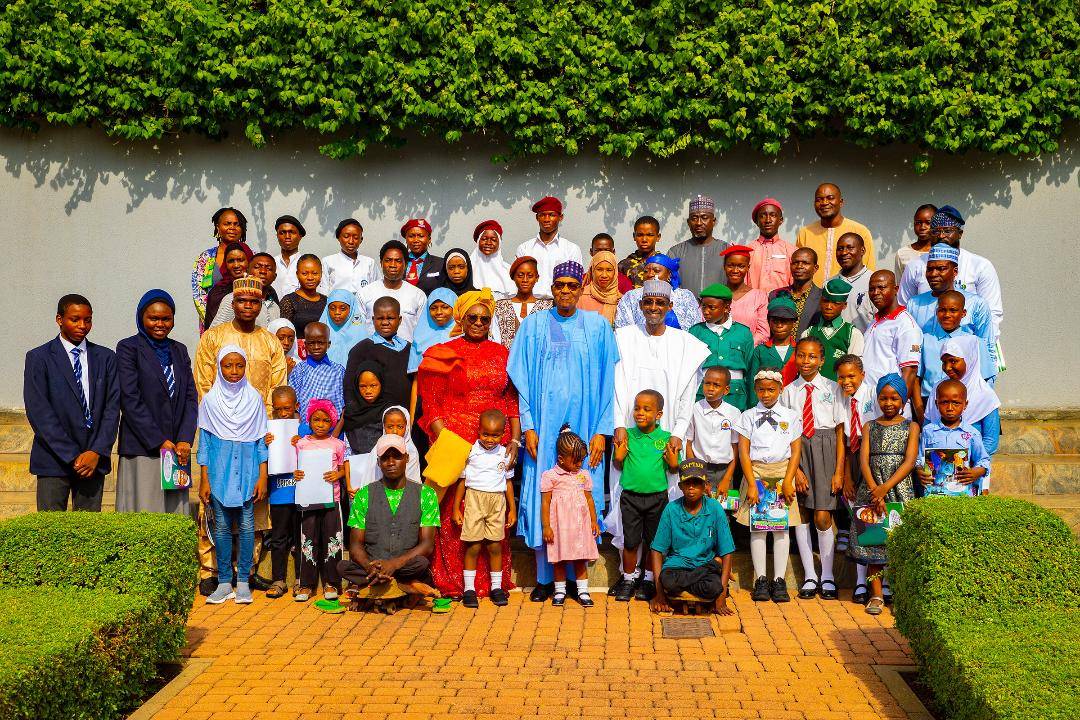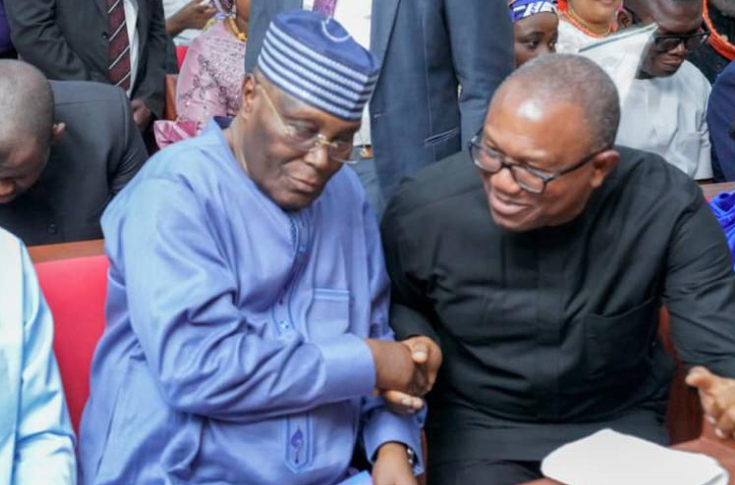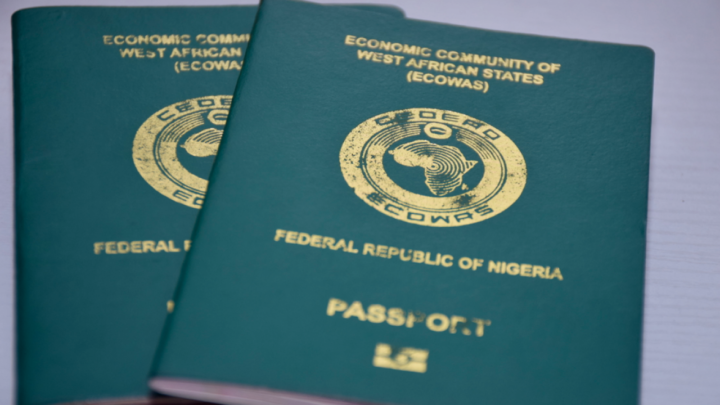Some civil society organisations (CSOs) have questioned the process of the election petition tribunal.
On Friday, the supreme court dismissed the suit seeking the disqualification of Bola Tinubu and Kashim Shettima as presidential and vice-presidential candidates of the All Progressives Congress (APC).
A five-member panel of the supreme court held that the Peoples Democratic Party (PDP) lacked the locus standi to institute the suit.
The court also held that Shettima was not guilty of double nomination as alleged by the PDP.
Advertisement
Atiku Abubakar and Peter Obi, presidential candidates of the PDP and the Labour Party (LP), had challenged Tinubu’s victory as the president-elect at the election petition tribunal.
TheCable put together an explainer on how the election tribunal works.
BALANCING SPEED AND EFFICIENCY
Advertisement
In a debate organised on Friday by the Open Minds Young Voices Network (OMYV) under Friedrich Ebert Stiftung, CSOs argued that there was a need to balance speed and due process while resolving election disputes.
Farouk Abdullahi, a representative of Activista, said the timeframe required to present a case before the tribunal was too short.
He added that the short time span painted the picture of a denial to justice and threatened the country’s democracy.
“There are some key issues that have to do with determining election petitions. The constitution, section 238, makes provision that a candidate that is dissatisfied with the outcome of an election only has 21 days within which he can file his grievance before the court,” he said.
Advertisement
“But is 21 days enough? Is 21 days sufficient for a candidate that has just lost an election to acquire all his evidences, scrutinise them and tender same before the court? It is not enough.
“It is an established principle of law that a party must be heard. Limiting the time frame within which the candidate is supposed to have approached the court is like defeating the whole essence of justice.
“Justice rushed is justice crushed. Why the haste? Give the party time to present their case.
“Shortening the timeline for election petition will warrant limiting access to justice which is the sole pillar of democracy. People should be given the opportunity to be duly heard.”
Advertisement
However, Hassan Nurudeen, a representative of the OMYV, argued that the time was sufficient and that candidates ought to have prepared ahead of time following the events that trailed the elections.
According to Nurudeen, a further delay in the tribunal process would trigger a civil unrest and heap pressure on governance.
Advertisement
“Why do you need 21 days to prove that you won an election? You saw everything happening during the elections, you don’t have to wait three weeks,” he said.
“Nigeria as a developed country does not need to have a lengthy election petition period.
Advertisement
“What that kind of situation would do is that it would put pressure on governance actors. You are the president, for example, and you still have a case in court, your attention would be divided between the court case and governance. A delay in the system would only make citizens nervous and trigger a civil unrest.”
Advertisement
Add a comment
